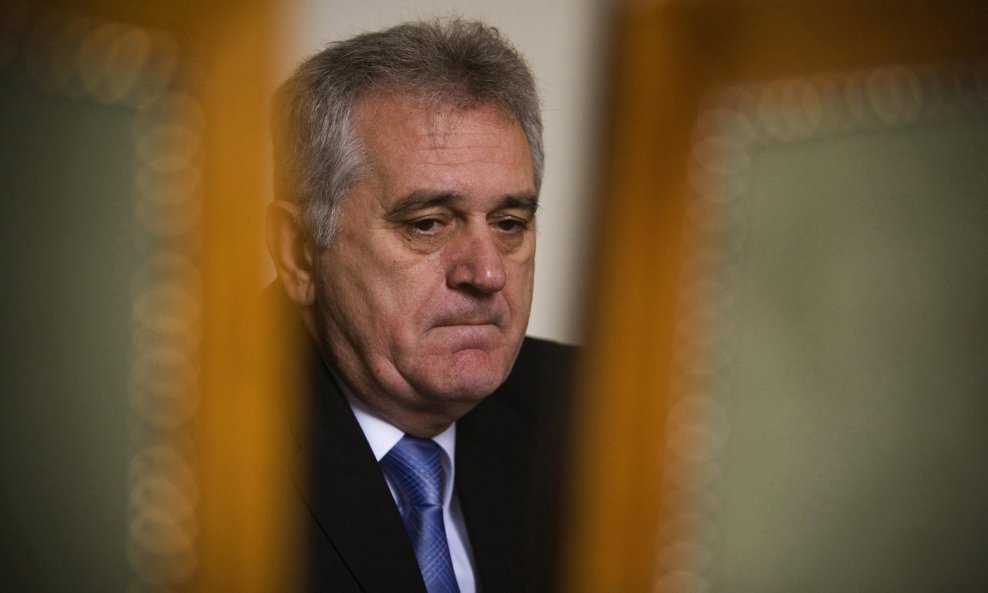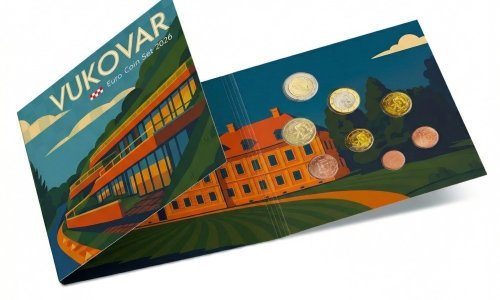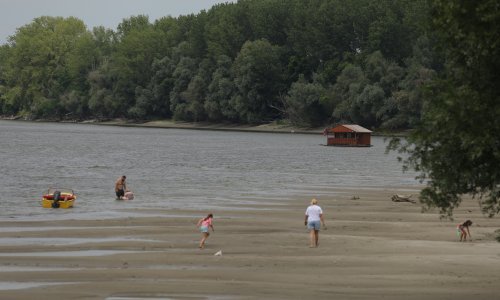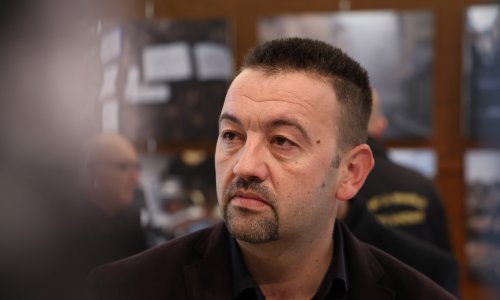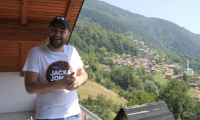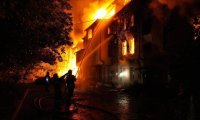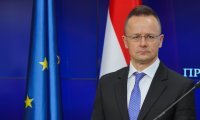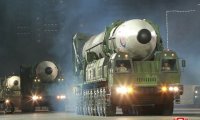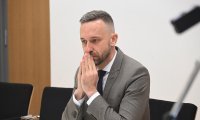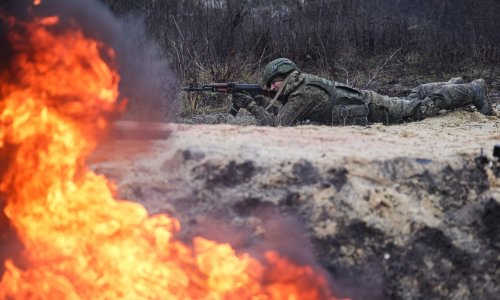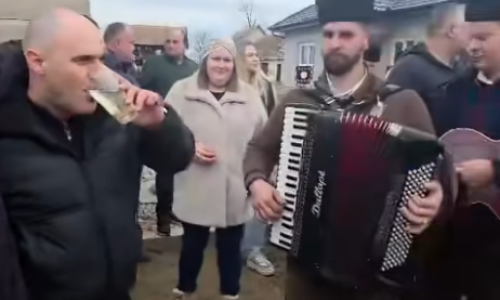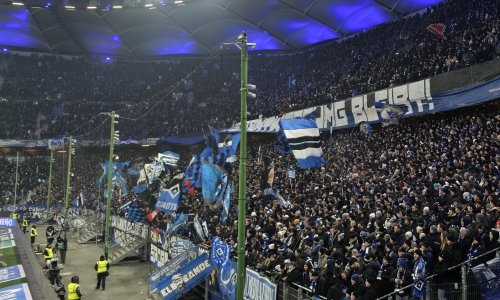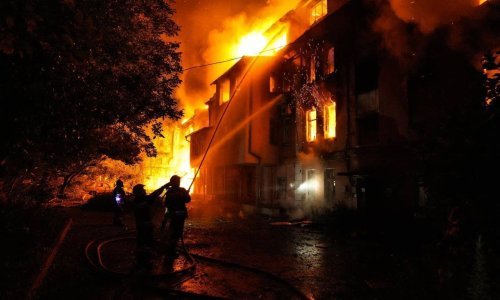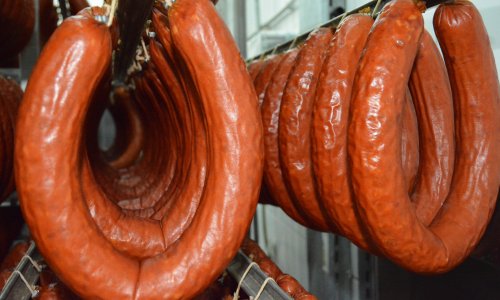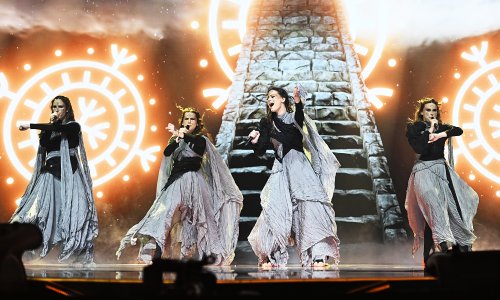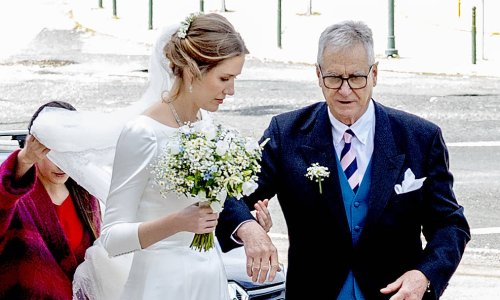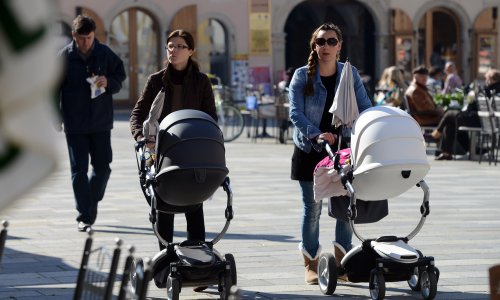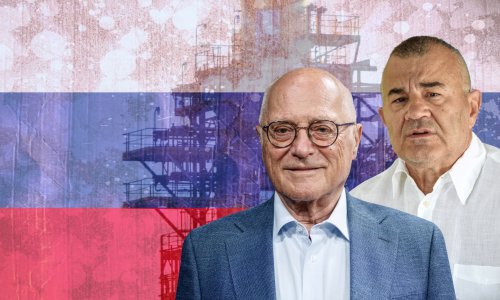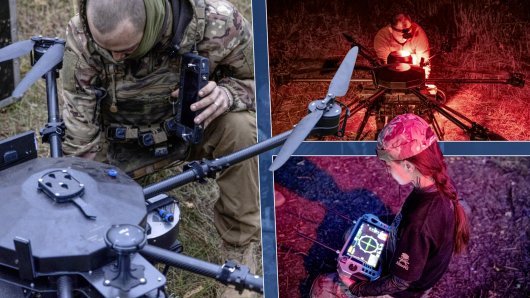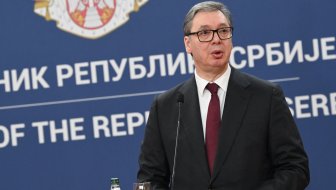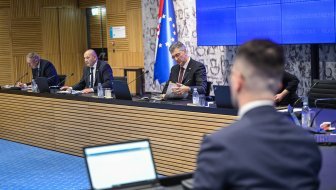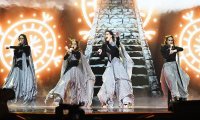Serbia's newly elected president Tomislav Nikolic said in an interview with the German Frankfurter Allgemeine Zeitung that the project of a Greater Serbia was his unrealised dream and that today he respected the internationally recognised borders of Croatia.
In the interview he gave to the German daily newspaper ahead of the Serbian presidential runoff on 20 May, Nikolic said that "there are dreams which one can never realise. For a long time I can see that Croatia is an internationally recognised country and that Croatia's borders are on the Danube and that there will be no change of borders. The same applies to Bosnia and Herzegovina. (...) My dreams from the time of the disintegration of Yugoslavia, when decisions were made on where somebody would live, unfortunately, haven't come true and, as it is, they will not come true," Nikolic said.
Responding to the German reporter's statement that currently in Vukovar there were more Serbs than ten years ago, Nikolic said "that's because Vukovar was a Serb town" and "Croatians have no reasons to come back there".
In response to the reporter's statement that his past might be a burden for his visits to a majority of the countries in Serbia's neighbourhood, Serbia's president-elect said that he was not a war criminal.
"For Croatia I will be a president elected by Serbia's people. If Croatia wants to cooperate, we will cooperate... My people has not chosen me to quarrel with others but to establish contacts with them," Nikolic said.
When asked about a 1991 document with his signature in which he demanded that the then Yugoslav government should order an all-out attack against Dubrovnik, Nikolic said that "we Serbs liked to live around Dubrovnik, we had houses there. Then the new power-holders came and destroyed all the Serb houses. How was one supposed to react? Was one supposed to say that it didn't matter because the houses on fire were Serb?" Nikolic replied.
He said that he was a volunteer in the war in which he was awarded the title of Chetnik duke and that he was proud of that.
The Chetnik has become a byword for Serb nationalists who used to commit atrocities against non-Serbs in World War Two as well as in the wars of independence of Croatia and Bosnia and Herzegovina in the 1990s.



